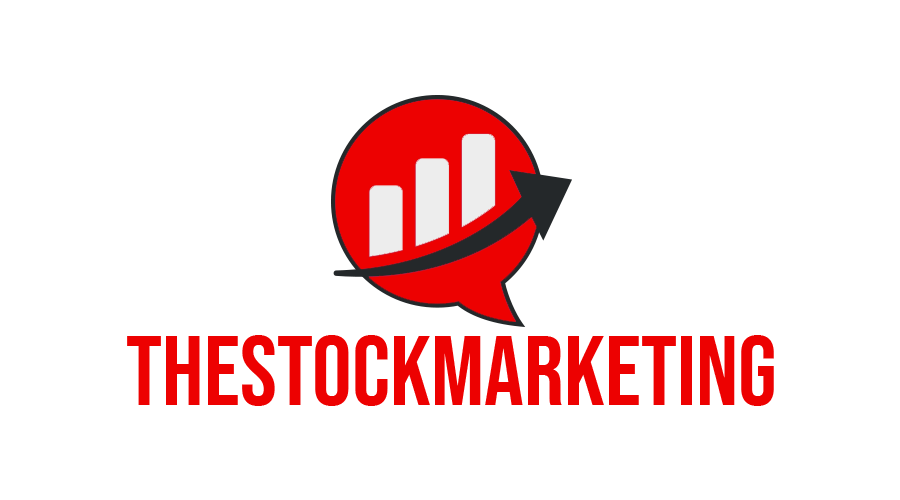Discover 5 essential business technology tools that can revolutionize small enterprises, enhancing productivity, communication, and customer relationships. From cloud-based collaboration to financial management software, equip your business with the right tools to thrive in the digital age. Stay competitive and boost growth with these must-have tech solutions.
It is understood by most nowadays that technology is an integral part of business. If you were to look in the offices of the average business in the UK, you would see PCs, laptops, mobile devices, printers, servers and storage arrays.
We spoke with TechQuarters, a London-based IT support provider, about the types of business technology organisations use. Like many London IT support companies, TechQuarters has been helping companies modernize their technology for many years – more than a decade, in fact. They detailed 5 must-have technologies that small enterprises should consider.
- Cloud-based Collaboration and Communication Tools
Collaboration and communication are two very important – and very closely-related – components of business productivity. For this reason, there is a lot of technological investment in them.
Seamless communication and collaboration in small business is very valuable. It ensures that projects, tasks and processes are carried out in the most efficient way possible.
Furthermore, with the rise in remote and hybrid working, collaboration and communication tools are more important than ever. Some common tools include Slack, and Microsoft Teams.
- Customer Relationship Management (CRM) Software
Building and maintaining strong customer relationships is paramount to the success of small enterprises – customer loyalty and satisfaction not only drives repeat business, but nurture’s brand reputation, which helps attract new customers.
CRM software streamlines and automates various aspects of customer relationship management, enabling small enterprises to efficiently handle customer data and interactions.
Some popular CRM software includes Salesforce, and HubSpot, both of which have extensive support resources and a large community of active users.
- Project Management and Task Tracking Tools
Small enterprises often face unique challenges when it comes to managing projects and tasks. With limited resources, including time, budget, and workforce, small businesses need to be particularly efficient and organized in their project management approach. According to TechQuarters, project management tools offer invaluable solutions to these challenges – such as:
- Centralized Project Information
- Task Assignment and Resource Management
- Communication and Collaboration
- Time Tracking and Reporting
- Gantt Charts and Data Visualizations
Some popular tools for project management include Trello, Asana, ClickUp, and Monday.com.
- Financial Management Software
Financial management is the backbone of any successful small business. It involves the planning, organizing, directing, and controlling of the financial resources to achieve the organization’s goals and objectives. Specialized financial software offers numerous advantages for small businesses, including:
- Accuracy and Efficiency: Financial software automates processes, reducing the likelihood of human errors in calculations and data entry.
- Streamlined Bookkeeping: Financial software simplifies bookkeeping tasks, such as recording transactions, tracking expenses, and managing accounts payable and receivable.
- Real-time Financial Insights: With financial software, small businesses can access real-time financial data and reports, empowering decision-makers to make informed choices.
- Invoicing and Payments: Financial software often integrates invoicing and payment processing functionalities.
- Scalability and Integration: Many financial software solutions are scalable, accommodating the growing needs of small businesses.
Some commonly used financial tools include QuickBooks, Xero, FreshBooks, and Wave.
- Data Security and Backup Solutions
Safeguarding sensitive business data is of paramount importance for small enterprises, as data breaches and cyberattacks can have devastating consequences. Data security tools are designed to protect sensitive business data from a variety of cyber threats and unauthorized access. These tools employ various techniques to safeguard data, including:
- Firewall Protection: Firewalls act as a barrier between a business’s internal network and the external internet, monitoring and controlling incoming and outgoing network traffic.
- Antivirus and Anti-Malware Software: These tools scan for and remove malware, viruses, and other malicious software from a computer system.
- Intrusion Detection and Prevention Systems (IDPS): IDP systems monitor network activity for signs of malicious behaviour and automatically take action to block potential threats.
- Multi-Factor Authentication (MFA): MFA requires users to provide multiple forms of identification (e.g., password and fingerprint) to access sensitive data, making it harder for unauthorized individuals to gain access.
Some common security tools used by small enterprises include Norton, a comprehensive antivirus and internet security solution. Microsoft Enterprise Mobility + Security (EMS) is another popular suite of security tools – as a Microsoft 365 consultant, TechQuarters stated that EMS is ideal for protecting Microsoft 365 environments.

